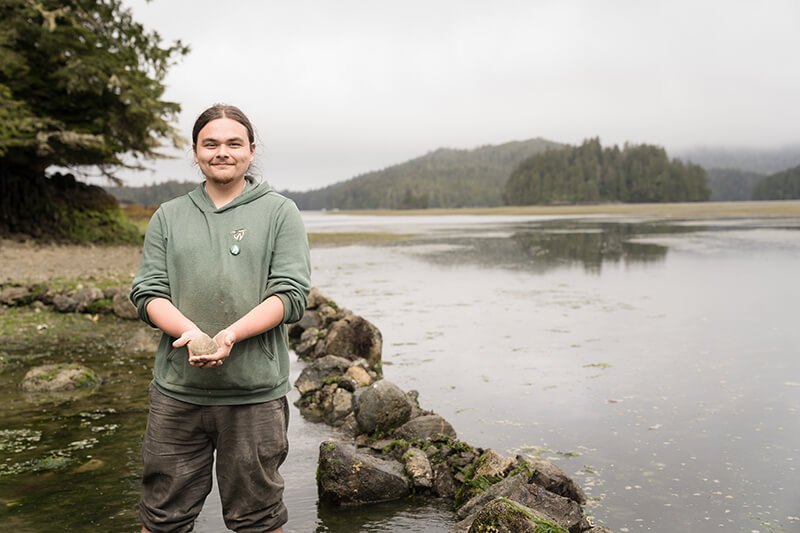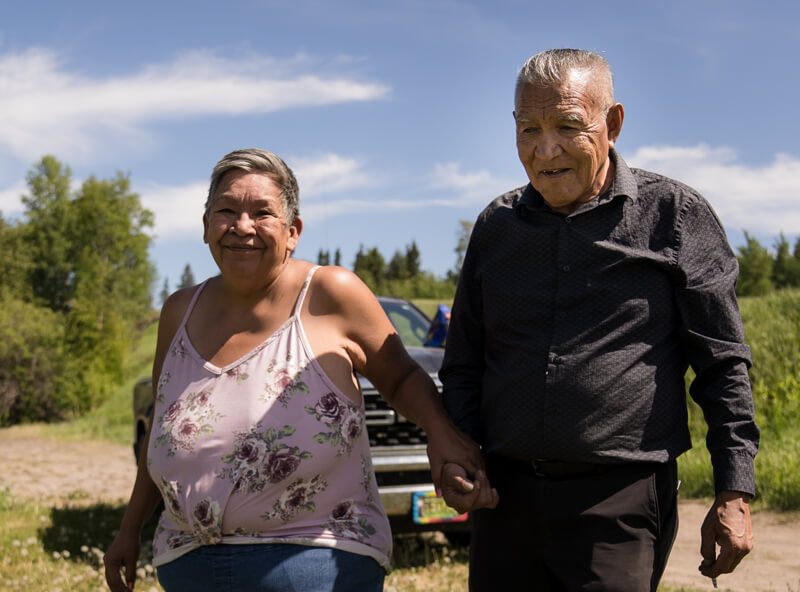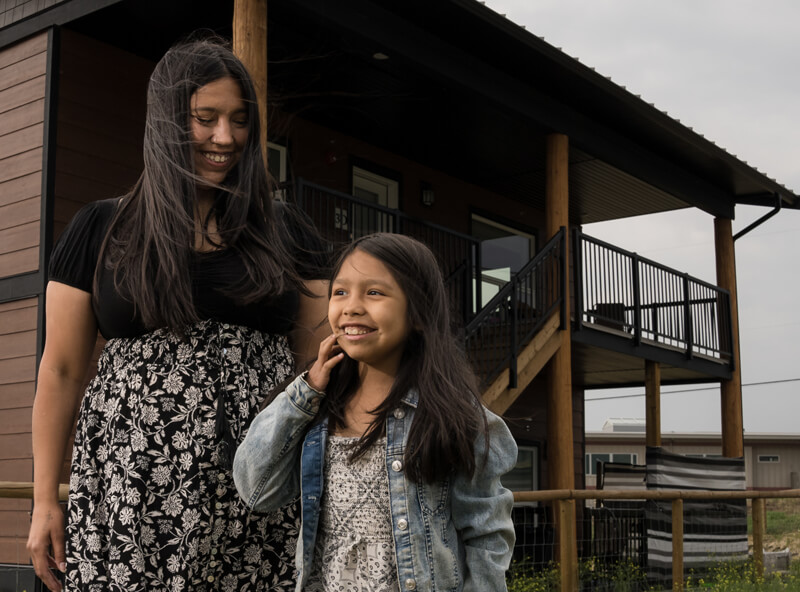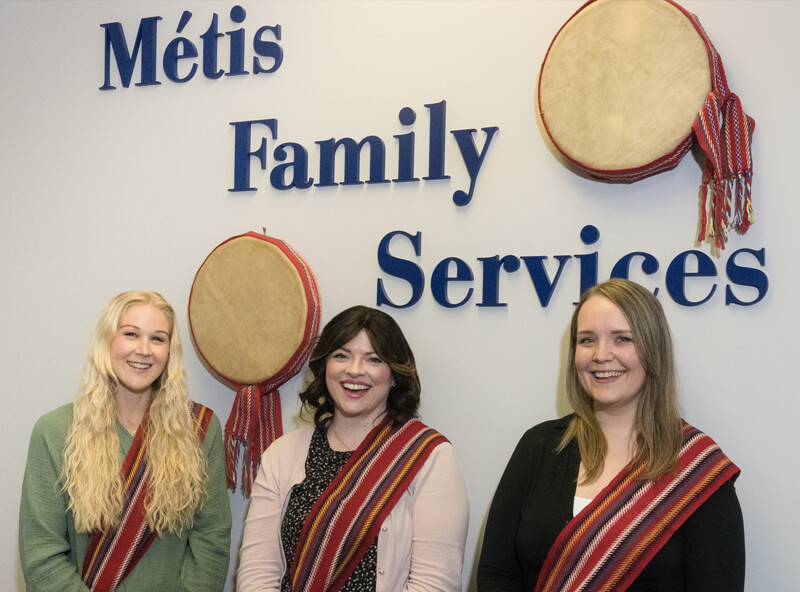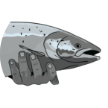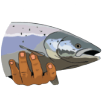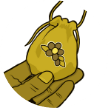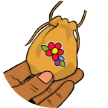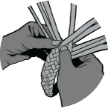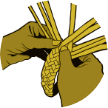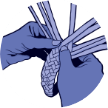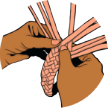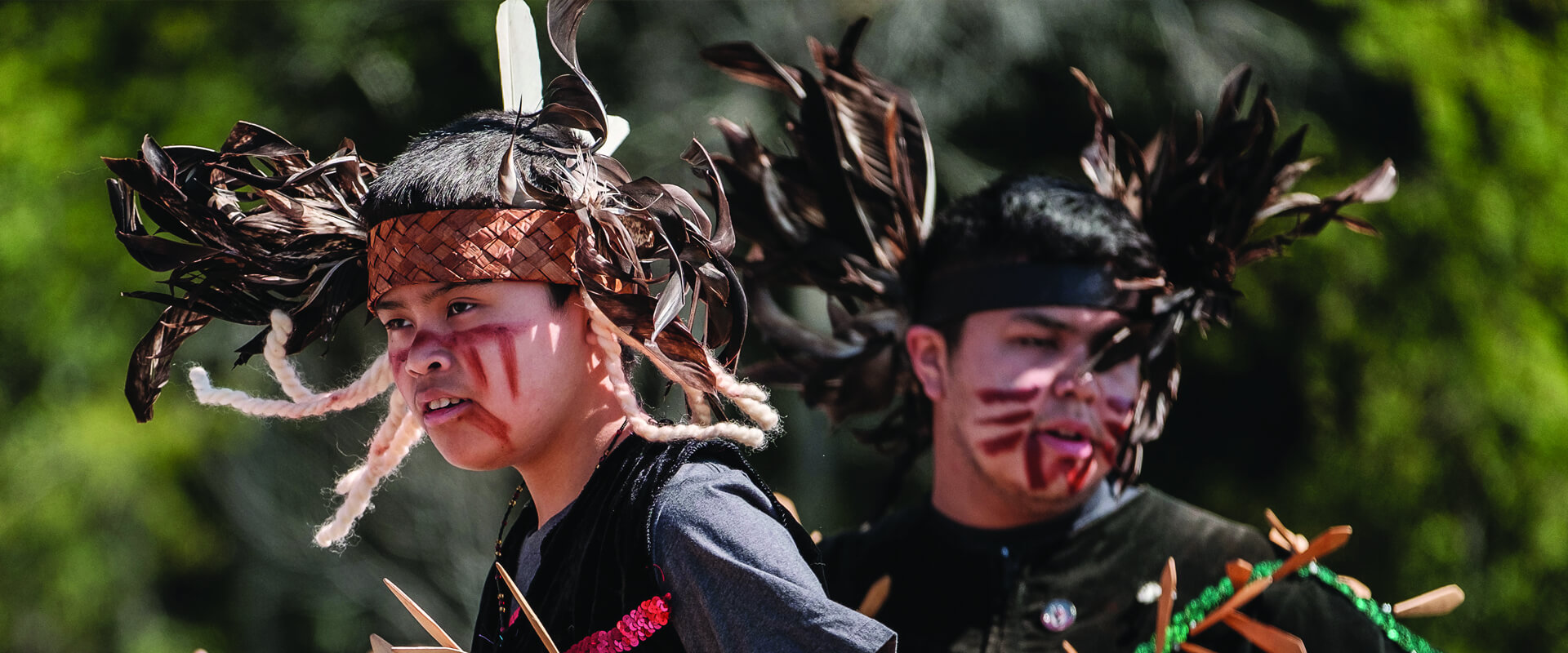
Social, Cultural and Economic Well-Being
Indigenous Peoples in B.C. fully enjoy and exercise their distinct rights to maintain, control, develop, protect and transmit their cultural heritage, traditional knowledge, languages, food systems, sciences and technologies.
Related stories
Actions at a glance
Action
Year
Description
How far along is this work?
How complicated is this work?
Are there challenges?
How are we working together?
-
4.01
-
4.02
-
4.03
-
4.04
-
4.05
-
4.06
-
4.07
-
4.08
-
4.09
-
4.10
-
4.11
-
4.12
-
4.13
-
4.14
-
4.15
-
4.16
-
4.17
-
4.18
-
4.19
-
4.20
-
4.21
-
4.22
-
4.23
-
4.24
-
4.25
-
4.26
-
4.27
-
4.28
-
4.29
-
4.30
-
4.31
-
4.32
-
4.33
-
4.34
-
4.35
-
4.36
-
4.37
-
4.38
-
4.39
-
4.40
-
4.41
-
4.42
-
4.43
-
4.44
-
4.45
-
4.46
-
4.47
-
4.48
-
4.49
-
Action
4.01
Year
Ministry
Ministry of Education and Child Care
Description
How far along
is this work?How complicated
is this work?Are there
challenges?How are we
working together? -
Action
4.02
Year
Ministry
Ministry of Education and Child Care, Ministry of Post-Secondary Education and Future Skills
Description
How far along
is this work?How complicated
is this work?Are there
challenges?How are we
working together? -
Action
4.03
Year
Ministry
Ministry of Education and Child Care
Description
How far along
is this work?How complicated
is this work?Are there
challenges?How are we
working together? -
Action
4.04
Year
Ministry
Ministry of Education and Child Care
Description
How far along
is this work?How complicated
is this work?Are there
challenges?How are we
working together? -
Action
4.05
Year
Ministry
Ministry of Post-Secondary Education and Future Skills
Description
How far along
is this work?How complicated
is this work?Are there
challenges?How are we
working together? -
Action
4.06
Year
Ministry
Ministry of Tourism, Arts, Culture and Sport
Description
How far along
is this work?How complicated
is this work?Are there
challenges?How are we
working together? -
Action
4.07
Year
Ministry
Ministry of Health, Ministry of Mental Health and Addictions
Description
How far along
is this work?How complicated
is this work?Are there
challenges?How are we
working together? -
Action
4.08
Year
Ministry
Ministry of Health, Ministry of Mental Health and Addictions
Description
How far along
is this work?How complicated
is this work?Are there
challenges?How are we
working together? -
Action
4.09
Year
Ministry
Ministry of Social Development and Poverty Reduction
Description
How far along
is this work?How complicated
is this work?Are there
challenges?How are we
working together? -
Action
4.10
Year
Ministry
Ministry of Health
Description
How far along
is this work?How complicated
is this work?Are there
challenges?How are we
working together? -
Action
4.11
Year
Ministry
Ministry of Public Safety and Solicitor General, Ministry of Health, Ministry of Mental Health and Addictions
Description
How far along
is this work?How complicated
is this work?Are there
challenges?How are we
working together? -
Action
4.12
Year
Ministry
Ministry of Mental Health and Addictions, Ministry of Public Safety and Solicitor General, Ministry of Attorney General
Description
How far along
is this work?How complicated
is this work?Are there
challenges?How are we
working together? -
Action
4.13
Year
Ministry
Ministry of Health, Ministry of Mental Health and Addictions
Description
How far along
is this work?How complicated
is this work?Are there
challenges?How are we
working together? -
Action
4.14
Year
Ministry
Ministry of Health; Ministry of Mental Health and Addictions
Description
How far along
is this work?How complicated
is this work?Are there
challenges?How are we
working together? -
Action
4.15
Year
Ministry
Ministry of Social Development and Poverty Reduction
Description
How far along
is this work?How complicated
is this work?Are there
challenges?How are we
working together? -
Action
4.16
Year
Ministry
Ministry of Children and Family Development
Description
How far along
is this work?How complicated
is this work?Are there
challenges?How are we
working together? -
Action
4.17
Year
Ministry
Ministry of Children and Family Development
Description
How far along
is this work?How complicated
is this work?Are there
challenges?How are we
working together? -
Action
4.18
Year
Ministry
Ministry of Education and Child Care, Ministry of Children and Family Development, Ministry of Post-Secondary Education and Future Skills
Description
How far along
is this work?How complicated
is this work?Are there
challenges?How are we
working together? -
Action
4.19
Year
Ministry
Ministry of Education and Child Care
Description
How far along
is this work?How complicated
is this work?Are there
challenges?How are we
working together? -
Action
4.20
Year
Ministry
Ministry of Indigenous Relations and Reconciliation
Description
How far along
is this work?How complicated
is this work?Are there
challenges?How are we
working together? -
Action
4.21
Year
Ministry
Ministry of Indigenous Relations and Reconciliation, Ministry of Social Development and Poverty Reduction
Description
How far along
is this work?How complicated
is this work?Are there
challenges?How are we
working together? -
Action
4.22
Year
Ministry
Ministry of Indigenous Relations and Reconciliation
Description
How far along
is this work?How complicated
is this work?Are there
challenges?How are we
working together? -
Action
4.23
Year
Ministry
Ministry of Indigenous Relations and Reconciliation
Description
How far along
is this work?How complicated
is this work?Are there
challenges?How are we
working together? -
Action
4.24
Year
Ministry
Ministry of Indigenous Relations and Reconciliation
Description
How far along
is this work?How complicated
is this work?Are there
challenges?How are we
working together? -
Action
4.25
Year
Ministry
Ministry of Housing
Description
How far along
is this work?How complicated
is this work?Are there
challenges?How are we
working together? -
Action
4.26
Year
Ministry
Ministry of Health, Ministry of Mental Health and Addictions
Description
How far along
is this work?How complicated
is this work?Are there
challenges?How are we
working together? -
Action
4.27
Year
Ministry
Ministry of Municipal Affairs
Description
How far along
is this work?How complicated
is this work?Are there
challenges?How are we
working together? -
Action
4.28
Year
Ministry
Ministry of Environment and Climate Change Strategy
Description
How far along
is this work?How complicated
is this work?Are there
challenges?How are we
working together? -
Action
4.29
Year
Ministry
Ministry of Indigenous Relations and Reconciliation, Ministry of Education and Child Care, Ministry of Post-Secondary Education and Future Skills
Description
How far along
is this work?How complicated
is this work?Are there
challenges?How are we
working together? -
Action
4.30
Year
Ministry
Ministry of Indigenous Relations and Reconciliation, Ministry of Post-Secondary Education and Future Skills
Description
How far along
is this work?How complicated
is this work?Are there
challenges?How are we
working together? -
Action
4.31
Year
Ministry
Ministry of Education and Child Care
Description
How far along
is this work?How complicated
is this work?Are there
challenges?How are we
working together? -
Action
4.32
Year
Ministry
Ministry of Education and Child Care
Description
How far along
is this work?How complicated
is this work?Are there
challenges?How are we
working together? -
Action
4.33
Year
Ministry
Ministry of Tourism, Arts, Culture and Sport
Description
How far along
is this work?How complicated
is this work?Are there
challenges?How are we
working together? -
Action
4.34
Year
Ministry
Ministry of Tourism, Arts, Culture and Sport
Description
How far along
is this work?How complicated
is this work?Are there
challenges?How are we
working together? -
Action
4.35
Year
Ministry
Ministry of Forests, Ministry of Tourism, Arts, Culture and Sport
Description
How far along
is this work?How complicated
is this work?Are there
challenges?How are we
working together? -
Action
4.36
Year
Ministry
Ministry of Citizens’ Services
Description
How far along
is this work?How complicated
is this work?Are there
challenges?How are we
working together? -
Action
4.37
Year
Ministry
Ministry of Tourism, Arts, Culture and Sport
Description
How far along
is this work?How complicated
is this work?Are there
challenges?How are we
working together? -
Action
4.38
Year
Ministry
Ministry of Tourism, Arts, Culture and Sport
Description
How far along
is this work?How complicated
is this work?Are there
challenges?How are we
working together? -
Action
4.39
Year
Ministry
Ministry of Jobs, Economic Development and Innovation
Description
How far along
is this work?How complicated
is this work?Are there
challenges?How are we
working together? -
Action
4.40
Year
Ministry
Ministry of Jobs, Economic Development and Innovation
Description
How far along
is this work?How complicated
is this work?Are there
challenges?How are we
working together? -
Action
4.41
Year
Ministry
Ministry of Post-Secondary Education and Future Skills, Ministry of Social Development and Poverty Reduction
Description
How far along
is this work?How complicated
is this work?Are there
challenges?How are we
working together? -
Action
4.42
Year
Ministry
Jobs, Economic Development and Innovation, Ministry of Indigenous Relations and Reconciliation
Description
How far along
is this work?How complicated
is this work?Are there
challenges?How are we
working together? -
Action
4.43
Year
Ministry
Ministry of Energy, Mines and Low Carbon Innovation
Description
How far along
is this work?How complicated
is this work?Are there
challenges?How are we
working together? -
Action
4.44
Year
Ministry
Public Service Agency
Description
How far along
is this work?How complicated
is this work?Are there
challenges?How are we
working together? -
Action
4.45
Year
Ministry
Ministry of Jobs, Economic Development and Innovation
Description
How far along
is this work?How complicated
is this work?Are there
challenges?How are we
working together? -
Action
4.46
Year
Ministry
Ministry of Labour
Description
How far along
is this work?How complicated
is this work?Are there
challenges?How are we
working together? -
Action
4.47
Year
Ministry
Ministry of Public Safety and Solicitor General
Description
How far along
is this work?How complicated
is this work?Are there
challenges?How are we
working together? -
Action
4.48
Year
Ministry
Ministry of Agriculture and Food
Description
How far along
is this work?How complicated
is this work?Are there
challenges?How are we
working together? -
Action
4.49
Year
Ministry
Ministry of Indigenous Relations and Reconciliation
Description
How far along
is this work?How complicated
is this work?Are there
challenges?How are we
working together?

